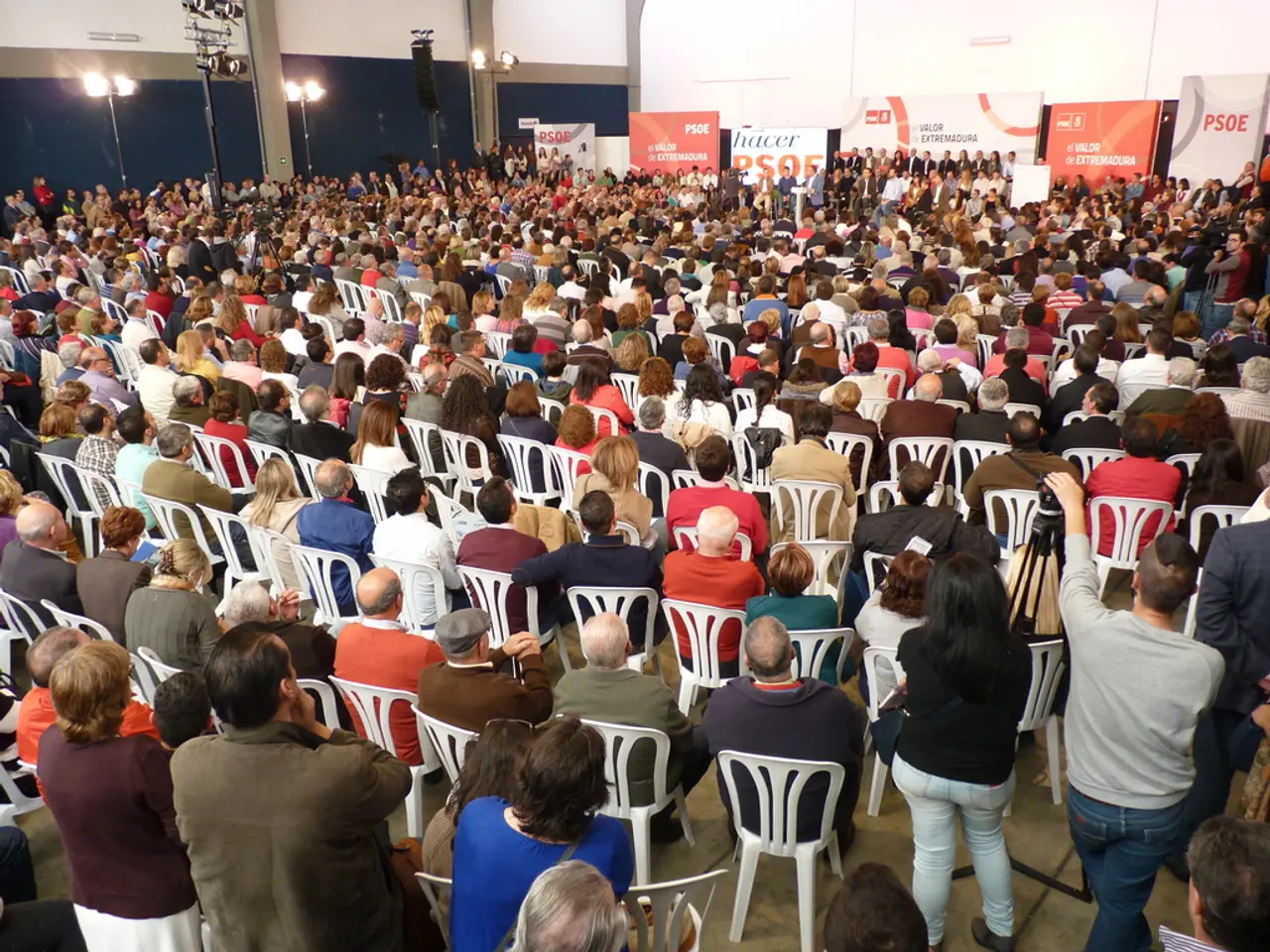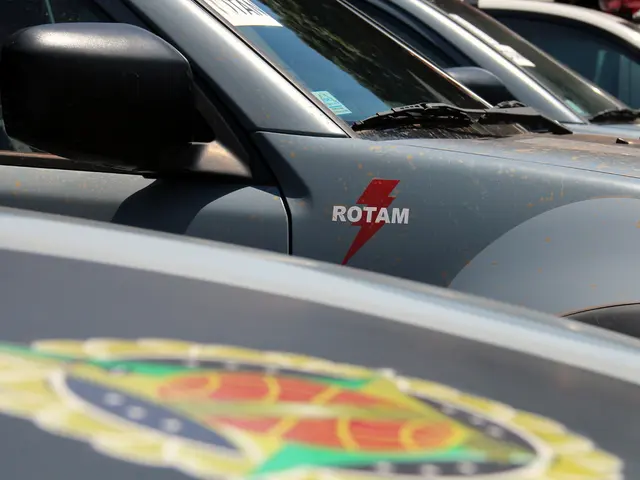Mainz's Rosenmontag Parade to Shorten to 3-6 PM by 2026
Mainz's Carnival Association 1838 e.V. (MCV) has announced plans to shorten the Rosenmontag parade due to high costs and organizational issues. The parade, which has previously lasted up to seven hours, will aim to conclude between 3 and 6 PM by 2026, with a target of 3 PM. The MCV aims to enhance the parade's efficiency and safety.
To achieve this, the MCV will implement several changes. Each participant will be allowed to start with only one wagon to reduce the parade's duration. Additionally, some sports clubs and groups, such as the 'Mainzer Metzgers', will no longer participate, further decreasing the number of floats. The parade route will also be shortened.
The MCV wants to tackle waiting time issues before the parade begins. Participants causing excessive delays will be warned or even given a 'red card'. No cuts will be made to motive wagons or corporate wagons that contribute significant funds for the parade. To help offset costs, associations will be involved, with garden and associations from outside paying a fee of 1900 euros and participants without a wagon purchasing a parade badge for 6 euros per person. Groups from distant regions, such as those from the Hunsrück area, will be less involved in the parade to minimize travel time and expenses.
The MCV's decision to shorten the Rosenmontag parade is a response to escalating costs and organizational challenges. By decreasing the number of participants, shortening the route, and improving efficiency, the MCV aims to create a safer and more enjoyable experience for all involved. The parade's end time is targeted to be between 3 and 6 PM by 2026, with a goal of 3 PM.
Read also:
- American teenagers taking up farming roles previously filled by immigrants, a concept revisited from 1965's labor market shift.
- Weekly affairs in the German Federal Parliament (Bundestag)
- Landslide claims seven lives, injures six individuals while they work to restore a water channel in the northern region of Pakistan
- Escalating conflict in Sudan has prompted the United Nations to announce a critical gender crisis, highlighting the disproportionate impact of the ongoing violence on women and girls.







